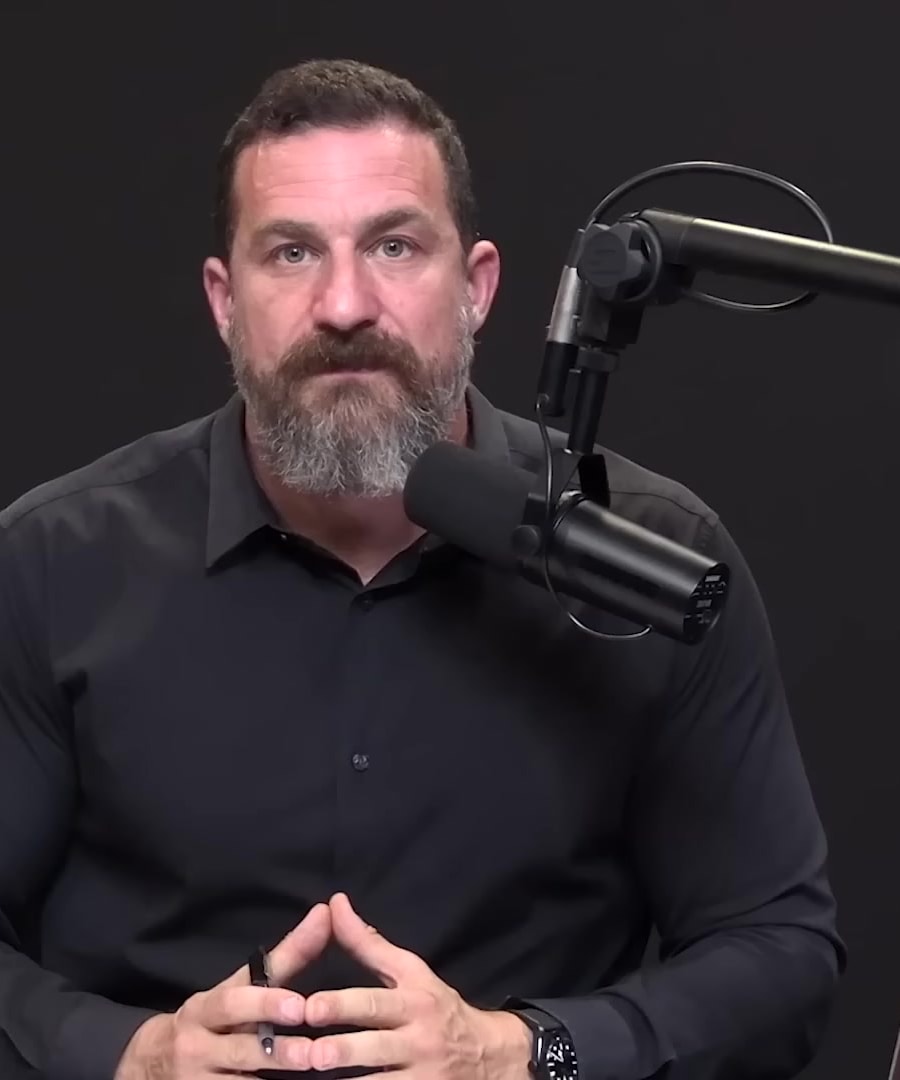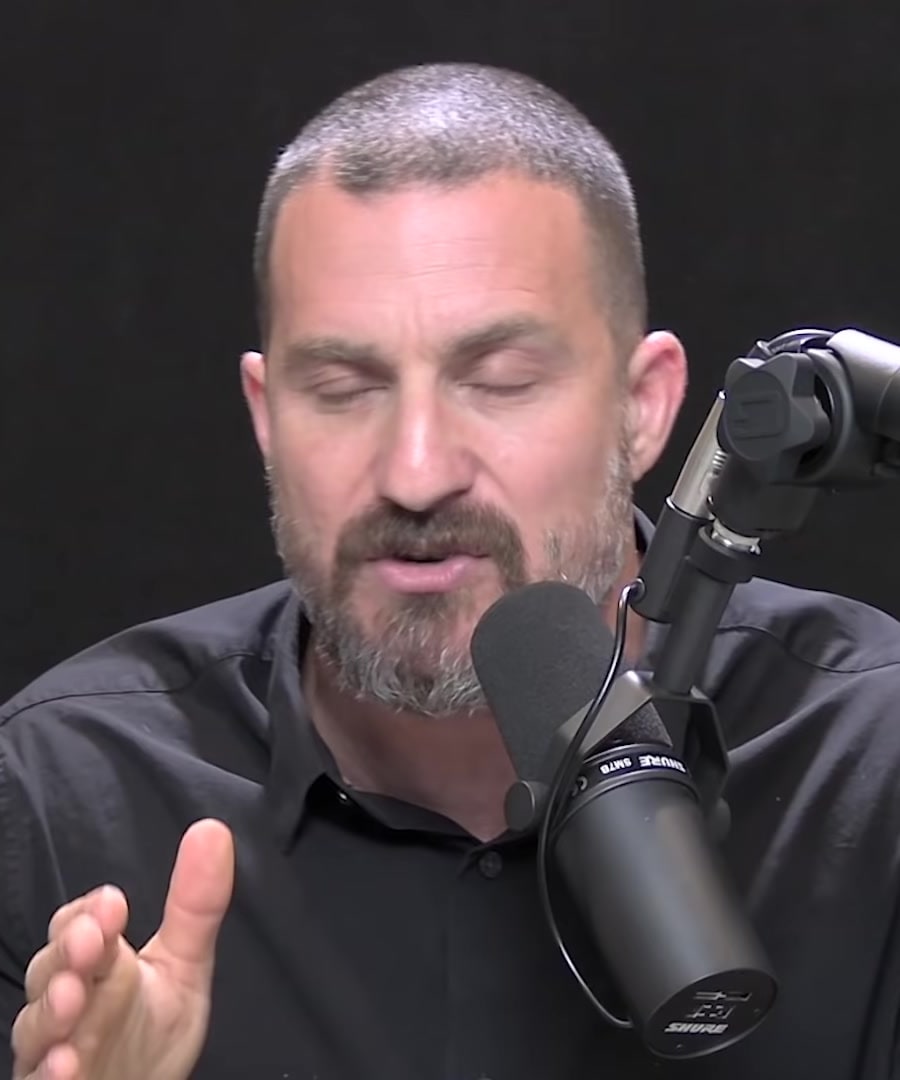Best protocols for reducing anxiety
Sources:
Several approaches for reducing anxiety are discussed by in the , including:
-
Writing exercises: Engaging in journaling about stressful or traumatic events has shown to improve mental health, reduce anxiety, and enhance sleep patterns. This protocol involves writing sessions spread over a week or on consecutive days, with evidence suggesting it can lead to significant and long-lasting improvements in well-being 1.
-
Breathing protocols: Techniques like the physiological sigh, which involves two inhales through the nose followed by an extended exhale through the mouth, have been utilized to reduce anxiety and improve mood and sleep. This simple practice is recommended for daily use 2.
-
NSDR protocols: Non-sleep deep rest (NSDR) protocols, such as hypnosis, yoga nidra, and certain types of meditation, are beneficial for anxiety management and sleep. They help turn off thoughts and activate the parasympathetic, calming arm of the autonomic nervous system 3.
-
Recalibrating threat responses: Adjusting the brain's insular structure, which assesses internal vs. external experiences, can recalibrate an overactive threat response system that's heightened by trauma, PTSD, or chronic stress. This may involve interventions beyond typical drug treatments 4.
-
Clinical hypnosis: Hypnosis has proven useful for managing anxiety and improving focus. Hypnosis protocols from reliable resources, such as Reveri, activate brain areas linked to deep relaxation and self-awareness while also increasing brain plasticity 3.
-
Behavioral stress relief protocols: Research indicates that short bouts of intense stress can undo the effects of chronic stress. This might involve specific respiration protocols or behavioral adjustments 5.
Each of these protocols is backed by scientific research and points to the brain's capacity for plasticity and the ability to alleviate anxiety through structured practices. It's important to note that while these tools can be beneficial, they are not a replacement for professional medical advice and should be used in conjunction with or after consulting healthcare providers.
RELATED QUESTIONS-
Best protocols for reducing anxiety
- RELATED QUESTIONS




